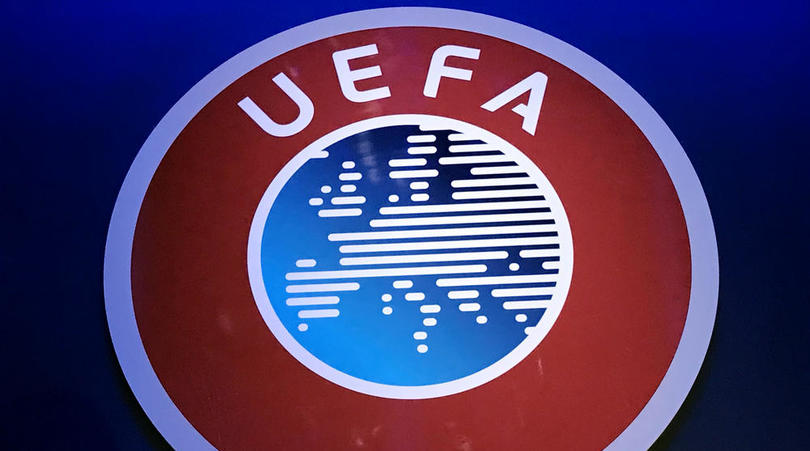European football faces a defining day on Tuesday as the continent’s governing body Uefa consults on how best for the sport to deal with the coronavirus crisis.
One of the key decisions to be taken will be whether to postpone Euro 2020 until the summer of 2021, with the intention of allowing 2019-20 competitions that have been suspended following the Covid-19 outbreak at least the chance to be completed.
A number of national associations contacted by the PA news agency which are due to host matches this summer are understood to be ready to do all they can to assist, if the consensus is that the tournament be postponed.
In the light of ongoing developments in the spread of Covid-19, UEFA has invited various stakeholders to discuss European football’s response to the outbreak.
Discussions will include all domestic and European competitions, including UEFA EURO 2020.
Full statement: ?
— UEFA (@UEFA) March 12, 2020
The Italian federation’s president, Gabriele Gravina, has stated his preferred view would be for the tournament to be either delayed until later this year or until next summer.
His country is currently in lockdown and all football activity suspended until at least April 4.
Meetings will begin on Tuesday morning and an announcement on any decision is not expected until mid to late afternoon.
It is expected that the Uefa leadership, including president Aleksander Ceferin, will be involved in a number of conference calls.
The Uefa hierarchy has invited input from the European Club Association, the European Leagues umbrella body and world players’ union FIFPRO, with the views of those groups potentially to be sought on one call.
Ceferin and his executive team are then expected to speak via conference call to the member associations – all 55 have been invited to join. Football Association chief executive Mark Bullingham and chairman Greg Clarke are understood to be joining the call, as are Football Association of Wales chief executive Jonathan Ford and his Irish FA counterpart Patrick Nelson.
The Football Association of Ireland is set to be represented by its president Gerry McAnaney and interim chief executive Gary Owens.
Finally, the process is set to conclude with a call featuring members of Uefa ’s executive committee.
As well as the Euros, another key point for discussion will be how, and if, the Champions League and Europa League competitions can be completed.
Following the quarantine imposed on players of Juventus and Real Madrid, the following #UCL matches will not take place as scheduled.
??????? Manchester City – Real Madrid ??
?? Juventus – Olympique Lyonnais ??Further decisions on the matches will be communicated in due course.
— UEFA (@UEFA) March 12, 2020
This week’s games were postponed at the end of last week because of players self-isolating and travel restrictions, and all ideas on how to get the tournament completed are set to be discussed.
One Uefa source told the PA news agency that ‘everything is on the table’ in terms of solutions. A streamlining of the competitions to single-leg ties may be one option, but even then it looks likely that the 2019-20 season will feed well into the summer at least to be completed.
World governing body Fifa is not directly represented at Tuesday’s meeting but it is understood it will be monitoring with interest in terms of its impact on the international match calendar.
Any decision to move the Euros to 2021 will have an impact on its plans to stage an inaugural 24-team Club World Cup in China in the same summer.
It would also mean that the scheduling of 2022 World Cup qualifiers in Europe would need to be looked at – these are due to take place between March and November 2021 with the final play-offs in March 2022.
? The opening game of #WEURO2021 will be played at Old Trafford⚽️
⏱ 500 days and counting!
Read more – https://t.co/S6c0XkJwYT pic.twitter.com/VjlLdv32GF
— #WEURO2021 (@UEFAWomensEURO) February 23, 2020
Moving the Euros would also create a scheduling issue with the women’s European Championship, due to be staged in England in the summer of 2021.
It is understood the Football Association remains fully committed to hosting that event, but is prepared to be flexible in the event that the dates need to be revisited.
As well as the issue of rescheduling fixtures, it is understood FIFPRO will seek reassurances that players’ livelihoods will be protected in those leagues where match day revenue is critical to clubs being able to survive.



